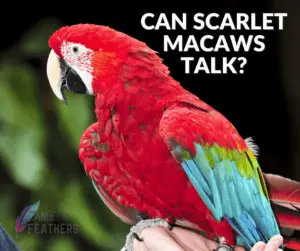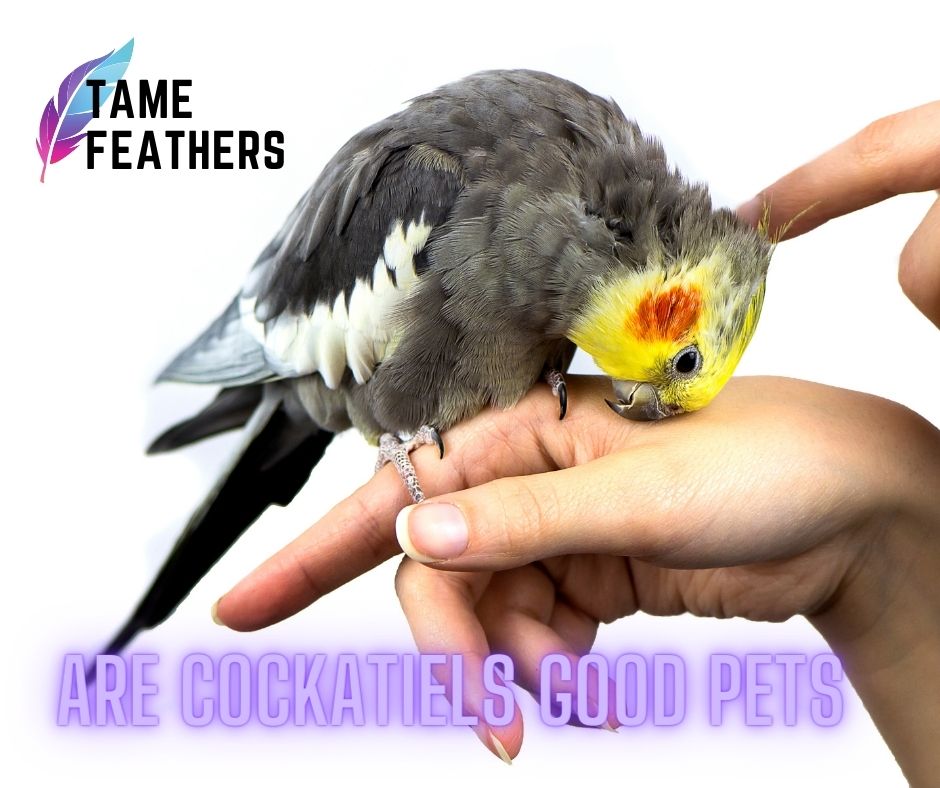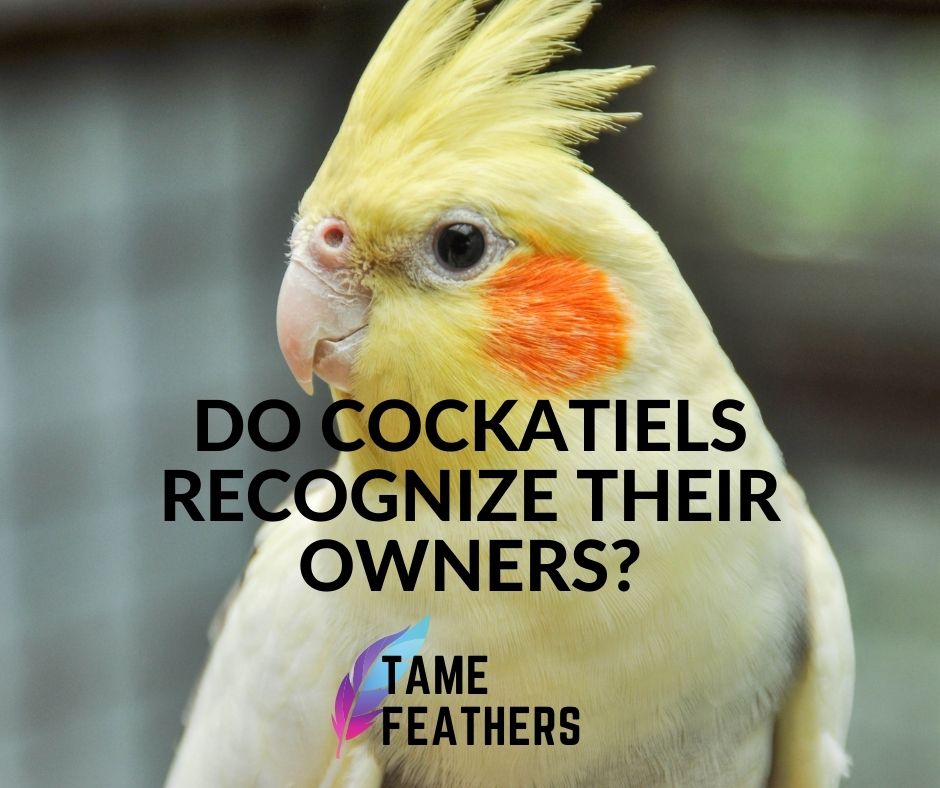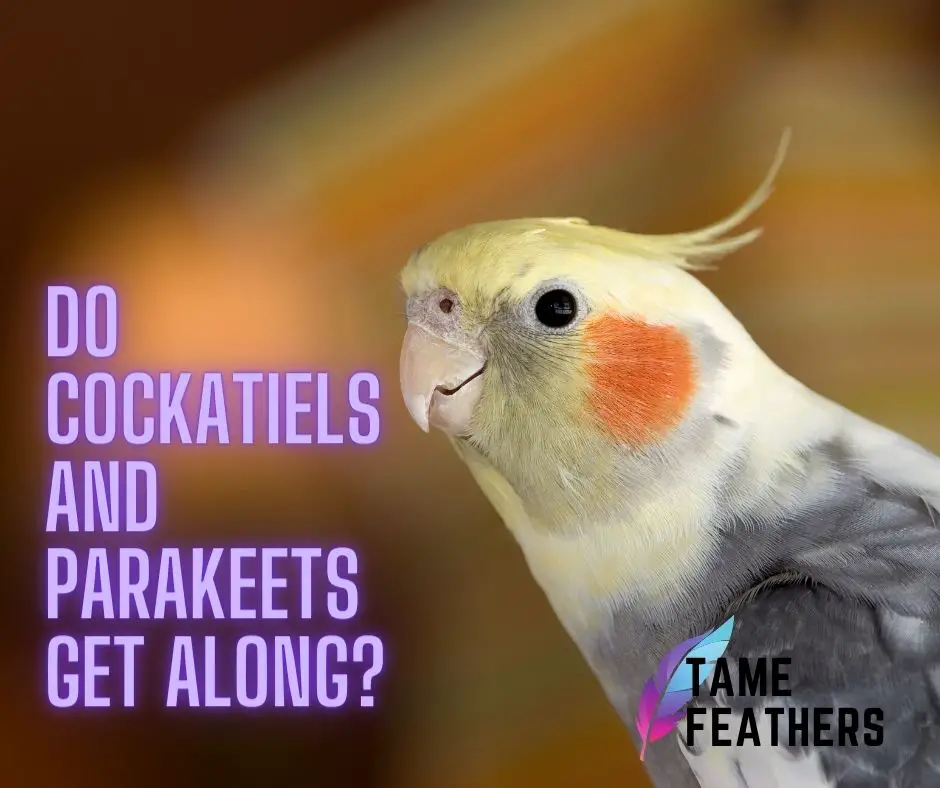Cockatiels require a very healthy and balanced diet. However, a healthy and balanced diet is vague as it is. Most people do not know what it contains.
Thus, some cannot provide proper nutrients for their pet bird.
You do not need to worry anymore because, in this post, I will tell you about what foods can cockatiels eat. This is an essential guide about their nutrition. So, sit back and enjoy reading this piece.
Let’s get started.
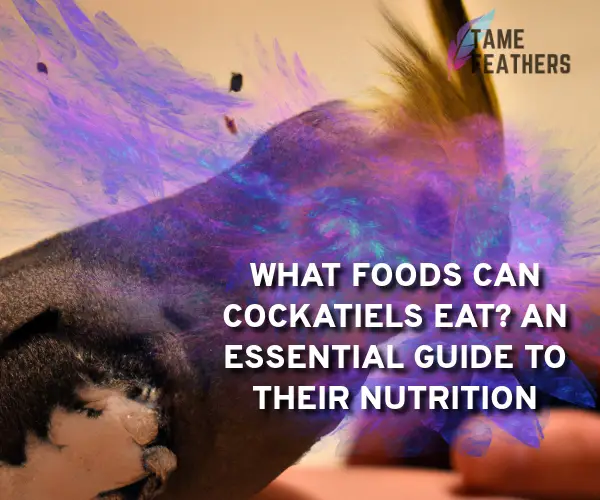
Fruits & Vegetables

Cockatiels enjoy a wide variety of apples, zucchinis, and other fruits and vegetables in their diet.
The majority of the time, they will consume the same foods as their human counterparts.
Cockatiels will enjoy tasty snacks consisting of fruits such as grapes, oranges, strawberries, and bananas, among others.
When it comes to veggies, you can’t go wrong with carrots, broccoli, or sweet potatoes.
These are all excellent options that your pet bird is sure to like.
Be sure that the food is cut into little pieces so that they may readily manipulate it with their beaks.
Alternating between these foods on a regular basis is also essential; doing so not only helps to maintain their interest in their meals, but it also ensures that they are consuming a well-balanced diet that is rich in the essential vitamins and minerals necessary for achieving and sustaining an optimal state of health.
Seeds & Nuts
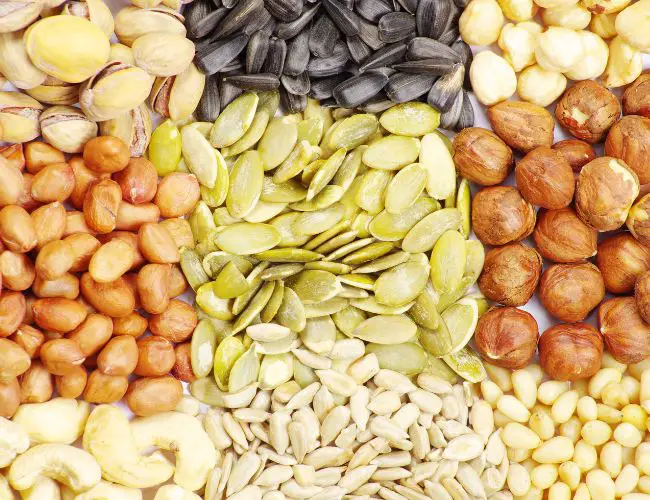
Your cockatiel’s food should consist of approximately 10-15% seeds; much more than this may result in an unbalanced diet, which may lead to nutritional deficiencies over time.
A wide variety of seeds, such as millet spray or hulled sunflower seeds, can be a source of protein, while other types of seeds, such as safflower or hempseed, can give the beneficial fats that are necessary for the creation of energy.
As a result of the higher levels of fat that nuts like almonds and walnuts contain compared to the majority of the other foods that you would feed your pet bird, you should limit these treats to no more than once per week.
Shelled nuts tend to be easier on the digestive system because birds don’t require the additional fiber that is found in whole nuts.
It is in a bird’s best interest to steer clear of peanuts because of the risk of aflatoxin contamination.
Regular consumption of peanuts can lead to harm to the liver in birds.
Grains & Legumes
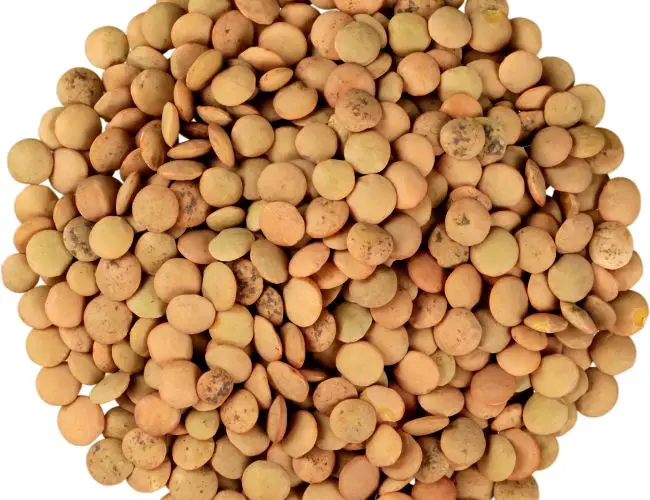
Carbohydrates, which can be found in grains like oats or barley, provide your pet bird with the energy it needs to go through the day.
Protein, which can be found in legumes like lentils, also provides your bird with some additional vitamins and minerals.
Cockatiels can also be given brown rice as a treat on occasion; however, you must ensure that the rice is completely cooked before offering it to your pet.
If Cockatiels consume grains that are not fully cooked, they may have digestive distress.
Toast the bread until it is gently crunchy before handing them portions (please don’t use butter).
Whole grain breads that do not include additives are another choice.
Since beans like chickpeas and black beans contain carbohydrates in addition to other nutrients, feel free to incorporate them into your meal plan rotation once every few days at the most for the purpose of adding variety.
Grit

Grit is an essential component of the diet of any Cockatiel because it is primarily comprised of the ground-up husks of a variety of seeds, such as wheat berries or oats, and because it aids in the process of breaking down food particles within the crop so that they are better able to move through the digestive tract.
At all times, offerings should be kept accessible; keep an eye out for products marketed as “cockatiel grit” that are available for purchase commercially; but, simple oyster shell will also do the trick just fine.
In addition, taking calcium supplements throughout the molting process can be advantageous on occasion, since this helps to ensure that enough levels of calcium are retained inside the feathers.
Supplements

When it comes to maintaining the health of your feathered buddy, vitamins play an important part, and there are various solutions available that are created expressly for use with cockatoos.
These kinds of products almost always come in liquid form, which makes it simple to administer them.
Just keep in mind that you should never supplement without first discussing it with an avian doctor.
In addition, repeated sessions of hand feeding serve to maintain body temperature while also promoting social connection between you and your partner!
Treats
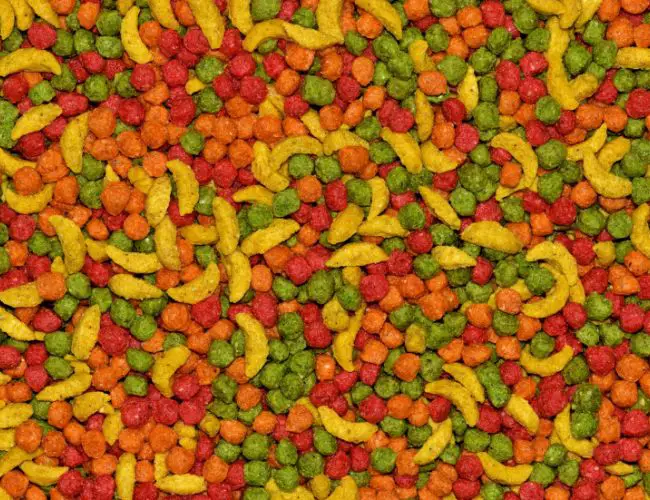
Last but not least, you should know that your cockatoo, just like us people, enjoys indulging every once in a while.
Egg biscuits, cooked spaghetti bits, fruit leathers, baked sweet potato slices, and yogurt drops are some examples of snacks that are appropriate.
These serve a dual purpose, providing both mental stimulation and scrumptious food to enjoy.
You shouldn’t hand out an excessive amount of sugary snacks, however, because their high sugar content might increase the risk factors that are related with diseases such as diabetes.
Additionally, stay away from anything salty at all costs, as consuming an excessive amount of sodium can lead to dehydration over time.
Want To Learn More About Cockatiels
If you found this post useful, you may also like
Caring For A Cockatiel: All You Need To Know To Keep Your Pet Happy and Healthy. There is a lot to learn about Cockatiels, hopefully, this post on
Cockatiel Bird Price In India: Everything You Need To Know Before Buying is useful! Another post you’ll find interesting is
Cockatiel Parrots For Sale: All The Tips You Need To Know Before Making A Purchase.

